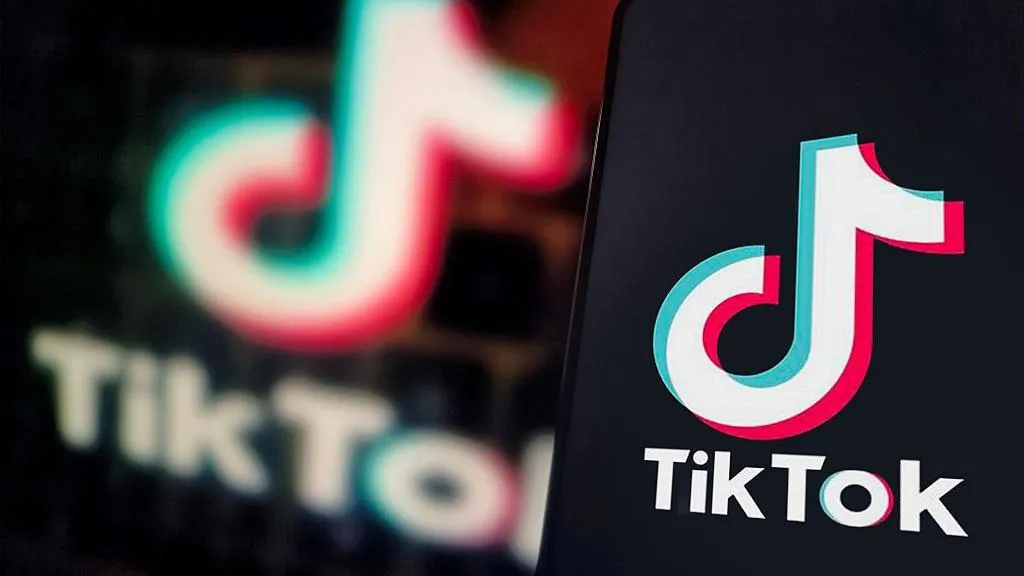President Donald Trump has extended the deadline for TikTok’s sale in the United States by another 90 days, continuing the ongoing saga of the video-sharing app’s potential divestiture from its Chinese parent company, ByteDance. This development comes after the app faced increased scrutiny from US lawmakers who claim that it poses a national security threat, a claim that TikTok has consistently denied. The new deadline, which was announced on Trump’s social media platform Truth Social, gives ByteDance until September 17, 2025, to reach a deal for the sale of TikTok’s US operations.
This marks the third extension of the deadline since the initial order was made. The move follows an executive order signed by Trump on Thursday, which continues the process of delaying enforcement of the law requiring the app to be sold. Initially, the app was slated to be banned unless a sale occurred, a significant concern given the platform’s immense popularity in the US, where it has amassed over 170 million active users.
The situation has raised eyebrows, both in the US and internationally, as TikTok’s future in the country remains uncertain. While Trump has voiced his support for the app and its role in American culture, national security concerns over its ties to China have remained a point of contention. These concerns have primarily centered around the possibility that the Chinese government could exert control over TikTok or compel ByteDance to hand over sensitive user data. The stakes in the TikTok debate are high, given the app’s massive influence and its involvement in shaping digital culture.
The controversy surrounding TikTok and ByteDance intensified following the passage of a law in the US last year, which mandates that the app must either be sold by its parent company or face a complete ban in the country. The law, passed amidst growing concerns over China’s increasing surveillance capabilities and the use of its tech platforms for espionage, has had a significant impact on how TikTok operates in the US. The law was passed with bipartisan support, as lawmakers in both parties expressed concern about TikTok’s potential to be exploited for political purposes, including the possible surveillance of American citizens.
For his part, President Trump, despite initially threatening to ban the app in 2020, has shown signs of backing down from a full ban. In December of last year, Trump acknowledged that TikTok had played a crucial role in his 2024 presidential campaign. He stated that TikTok had helped him engage with younger voters, who favored him by a large margin in the election. Despite TikTok’s heavy usage among young people in the US, its future remains in limbo as the Trump administration continues to delay any final action on the matter.
TikTok, in a statement following the announcement of the 90-day extension, expressed gratitude for President Trump’s leadership and continued support of the platform. The company emphasized its commitment to working closely with the US government, particularly the Office of Vice President Vance, in securing a deal for its US operations. TikTok is also committed to addressing concerns over data privacy, which remain central to the national security debate surrounding the app.
“We continue to work with Vice President Vance’s Office,” TikTok’s statement read. “We are grateful for President Trump’s leadership and support in keeping the app online for our 170 million users in the US.”
The latest extension, while expected, further complicates the matter, with the sale of TikTok’s US operations now at the mercy of ongoing legal, political, and diplomatic negotiations. The challenge remains whether any potential deal can be brokered between ByteDance and an American company that satisfies both the US government’s national security concerns and the financial interests of the app’s parent company.
The legal struggle over TikTok’s US operations began with Trump’s initial push to force a sale in 2020, when the administration sought to address growing concerns over data privacy and security. Since then, the issue has become further entrenched in the broader geopolitical tensions between the US and China. With each extension, the chances of an agreement that satisfies all parties have become increasingly uncertain.
The Trump administration’s stance on TikTok has drawn criticism from some corners, particularly from lawmakers like Senate Select Committee on Intelligence Vice Chairman Mark Warner, who has expressed concern over the apparent disregard for national security risks posed by the app. Warner, a Democrat, argued that Trump’s decision to extend the deadline undermines the findings of his own government’s national security experts.
“Once again, the Trump administration is flouting the law and ignoring its own national security findings about the risks posed by a PRC-controlled TikTok,” Warner said in a statement. “An executive order can’t sidestep the law, but that’s exactly what the president is trying to do.”
Warner’s criticism highlights the broader bipartisan concerns over TikTok’s role in the US. While Trump has voiced his support for the app, concerns about its potential to be exploited for political and surveillance purposes remain unresolved. For many, the app is a battleground where broader US-China tensions play out. The app’s ties to China, coupled with the Chinese government’s long history of using its tech platforms for surveillance, remain central to the national security debate.
Despite the political complexities, TikTok’s legal fight continues to evolve. In a statement issued by the White House, press secretary Karoline Leavitt acknowledged that the 90-day extension would allow more time to finalize a deal that would secure the app’s continued operation in the US. The statement emphasized the importance of ensuring that American users can continue to access TikTok with the assurance that their data is safe and secure.
While the US government focuses on securing a solution that addresses its concerns about TikTok, the app’s millions of American users remain in a state of uncertainty. For many, TikTok has become an integral part of daily life, offering everything from entertainment to political discourse. The app’s role in shaping cultural conversations cannot be overstated, and its continued existence in the US remains in jeopardy unless a deal can be struck.
The ongoing saga of TikTok’s future in the US underscores the complex relationship between global tech platforms and national security concerns. While TikTok’s future in the US remains uncertain, the question remains whether a resolution will be reached in the next 90 days, or whether a longer-term solution will emerge to address the wider concerns about data privacy, national security, and global technological influence.
As the clock ticks down, all eyes will be on the negotiations between ByteDance and the US government to determine the fate of the app. However, regardless of the outcome, the debate over TikTok’s place in the US is far from over, and its resolution may set a precedent for how future tech disputes between the US and China are handled.


